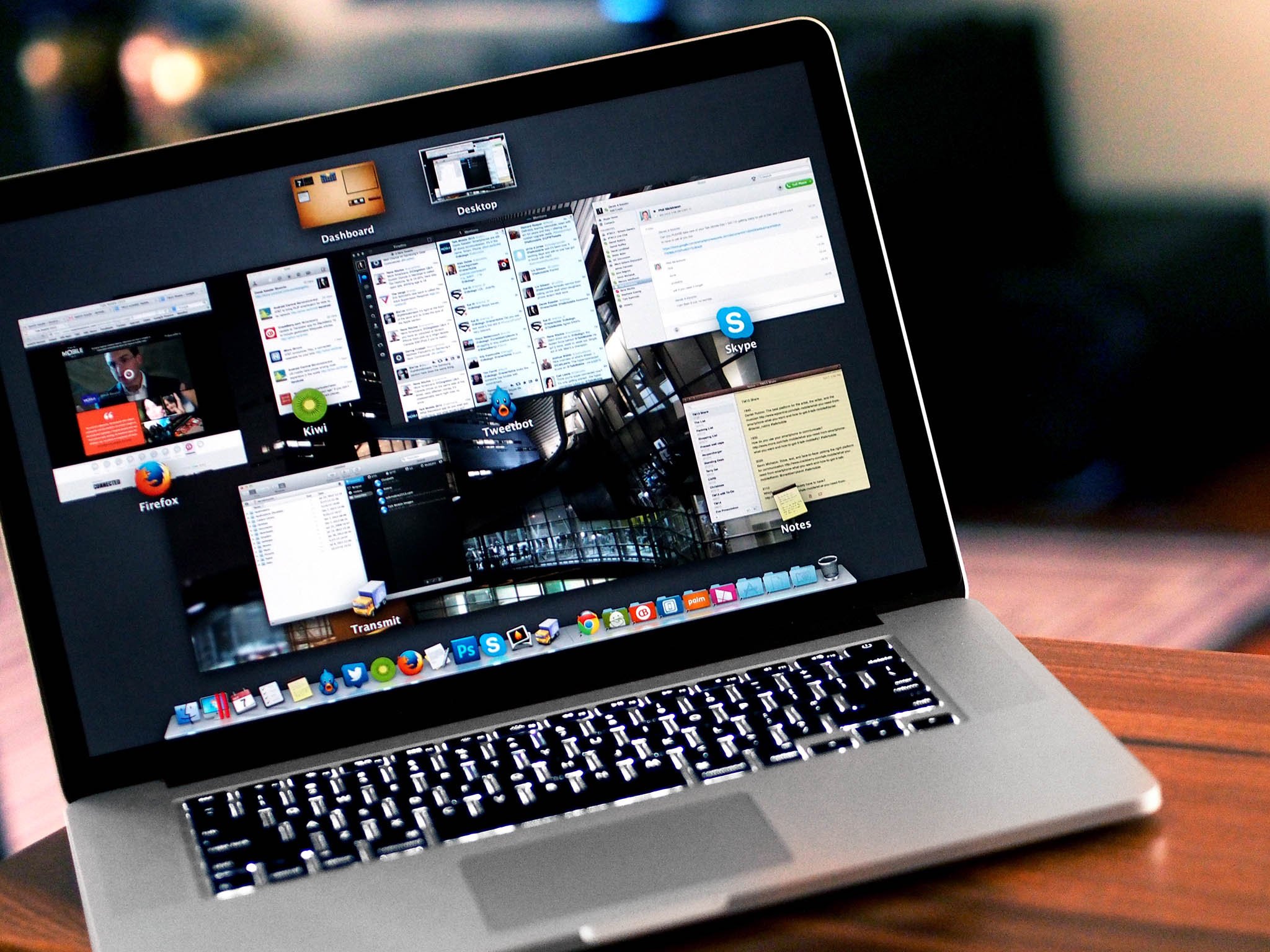Intel's Xeon: Coming soon to laptops, and what this means for the Mac

Since 2006 Apple has relied on Intel microprocessors to power the Macintosh. Most Macs use Intel CPUs designed for desktop or laptop computers, but one has stood alone: The Mac Pro. For years, Apple has used processors in the Mac Pro designed for workstations and servers — Intel's "Xeon" line. Now that's about to change.
Intel has announced plans to release, for the first time, a notebook version of the Xeon processor.
Intel's Xeon processor is compatible with code designed for OS X, but it's designed a bit differently than the chips that power Apple's other Macs. Xeon has beefier Level 3 cache, for example, which can up the operation of some applications. Support for Error Correcting Code (ECC) RAM reduces the likelihood of crashes by detecting and eliminating data corruption. Xeon processors support more cores, beefing up the Mac Pro's horsepower for apps designed for parallel processing.
The downside of the Xeon processor is that has higher power demands and produces more heat than other Intel processors. The RAM it uses is bigger and costs more, too. That's why you find the Xeon only in the Mac Pro. But that's changing. Because Intel has announced plans to release, for the first time, a notebook version of the Xeon processor.
Intel says that it will release the Xeon Processor E3-1500M v5 this year. The new chip is based around Intel's emerging "Skylake" processor architecture. Skylake is Intel's sixth-generation Core processor architecture. It's a new, more efficient and more powerful design that's just starting to see release. Already some Skylake processors have appeared for hobbyists and PC builders. Intel anticipates a wider release over the coming weeks and months as it builds production of the new chip.
Apple hasn't committed to Skylake, but my bet is they will use Skylake processors in the Mac, once they're available in quantities and configurations that make sense for Apple to use. The question is when.
At the start of the year, Apple had largely standardized on Intel's Haswell processors. In March, Apple introduced the new MacBook, which uses a low-power Core M variant of the Intel's Haswell successor, the Broadwell architecture. The MacBook Air and 13-inch MacBook Pro got the Broadwell treatment in their successive refreshes. Broadwell was supposed to be out in 2014, but its release was delayed because Intel had more trouble than expected ramping up production. Smaller transistor sizes in Broadwell chips demanded more precise manufacturing technology — we're talking about machines that make measurements in billionths of a meter.
Now that Intel has that problem solved, Skylake production is going into full swing. And Skylake offers improved performance and better efficiency than Broadwell. Integrated graphics performance is better in Skylake, too. What's more, Skylake features Thunderbolt 3. Thunderbolt 3 offers twice the bandwidth of Thunderbolt 2, making it possible to create devices like an external Apple display with graphics to match the 5K iMac.
Master your iPhone in minutes
iMore offers spot-on advice and guidance from our team of experts, with decades of Apple device experience to lean on. Learn more with iMore!
This could pave the way for an extreme version of a MacBook Pro — something designed with Mac Pro levels of performance. That's something that will surely appeal to digital video and audio professionals, graphic designers, artists, engineers, developers, scientists and others who want the most performance possible out of their Macs.
I don't suspect an en masse conversion of Apple's product line to Xeon, just a sprinkling where it makes sense.
Another possibility exists too: Apple could incorporate the Xeon chip into other Mac models, like the iMac, for example. The iMac's motherboard is a design exercise in miniaturization, and many of the components found on the motherboard of the iMac are designed to work on laptops. There's nothing stopping Apple from offering an iMac with workstation-class hardware.
Of course, there are tradeoffs. The cost of Xeon processors and the cost of associated parts like ECC RAM is more than the commodity hardware used in other Mac models. So expect there to be a significant premium for any systems sporting this new gear. I don't suspect an en masse conversion of Apple's product line to Xeon, just a sprinkling where it makes sense.
One way or the other, Intel's Skylake rollout will be something to watch. Intel is cagey about the actual performance and specifications of the new Xeon chip, only saying that they're "not quite ready to reveal all the details." So we'll see if it even makes sense for Xeon to come to the Mac. We should know pretty soon: Intel's next Intel Developer Forum (IDF) is coming to the Moscone West Convention Center (home to Apple's WWDC event) later this month.

